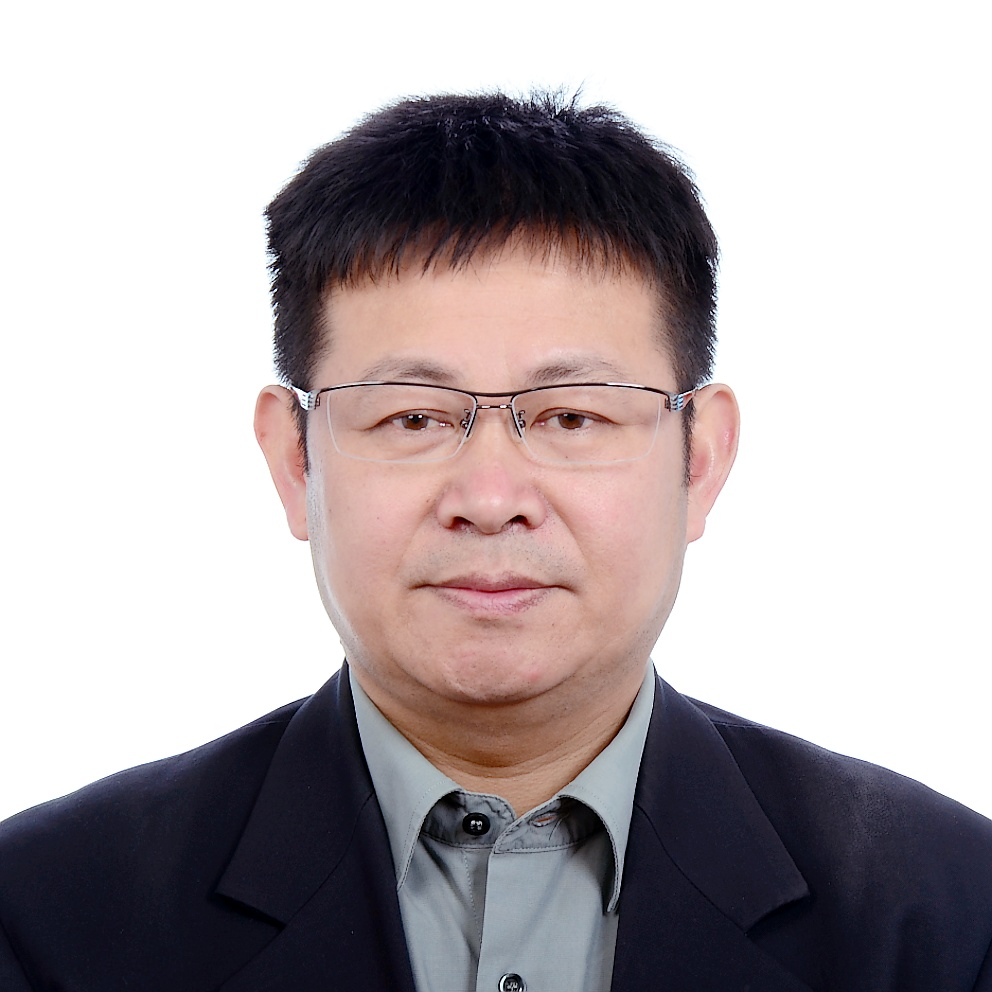Course Overview
Course Title: Traditional Medicine and the United Nations Sustainable Development Goals
Principal SDG: SDG3 Good Health and Well-being
Additional SDGs: SDG1 No Poverty / SDG2 Zero Hunger / SDG8 Decent Work and Economic Growth / SDG11 Sustainable Cities and Communities / SDG12 Responsible Consumption and Production / SDG15 Life on Land
Credit(s): 2 credits
Course Description:
The course “Traditional Medicine and the United Nations Sustainable Development Goals” will enable participants to learn through online lectures, discussion, and then collaborate to complete the project connecting traditional herbs to SDGs. The course aim to encourage students from different cultural backgrounds collaborate to explore the strategy for human renewable development, especially from traditional medicine. Chinese and international students will attend series of online lectures by the instructor that cover UN SDGs, basic knowledge of traditional medicine and research progresses as well as philosophic thinking of medical science. Students will be divided into groups. Each group will choose a medicinal plant from a given list, create a group e-poster and discuss the connection of this medicinal plant to the principal of the SDG of the project: SDG 3 Good Health and Well-being. Under the guidance of the teacher, students will explore how this medicinal plant may address additional SDGs and global issues. Some examples of additional SDGs would be, but are not limited to, SDG 1, SDG 8, SDG 10, and SDG 15. Students will need to explain why and how the additional SDG(s) can be addressed.
What skills will students get?
- Traditional medicine information searching
- Inter-cultural communicative competence
- E-poster making
- English speaking and writing
- Oral presentation
Mode of Teaching
- Lectures and discussion
- Project-based learning
- Group presentation
Grading
- Attendance: 30%;
- E-poster: 40
- Group presentation: 20%;
- Final reflection: 10%
Course-specific Restrictions
NA.
Class Schedule
|
Week |
Date |
WeekDay |
Time(UTC+8) |
Topic |
Credit hours |
Teaching mode |
Instructor in charge |
|
1 |
20/06 |
Tuesday |
16:00 |
Ice-breaking;Course introduction;Lecture 1:A Philosophical Comparision of Concepts in TCM and Western Medicine |
4 |
Discussion; Introduction; Lecture |
Dr Peng Chongsheng;Professor Rachel Ankeny |
|
1 |
23/06 |
Friday |
16:00 |
Lecture 2: Introduction toTraditionalChinese Medicine |
4 |
Lecture Discussion |
Dr. Peng Chongsheng |
|
2 |
27/06 |
Tuesday |
16:00 |
Lecture 3:Introduction to Traditional Treatment Systems of South
Asia, It's Current, Modern Treatment and Future Prospective Approches
|
4 |
Lecture Discussion |
Dr. Zul Kamal |
|
2 |
30/06 |
Friday |
16:00 |
Lecture 4: Introduction to UN SDGs;Project-based Learning, Goals and Requirements |
4 |
Lecture Discussion |
Dr. Peng Chongsheng |
|
3 |
04/07 |
Tuesday |
16:00 |
Lecture 5: Modern Recognition of Traditional Medicine(Bioactive components, Pharmacology, Clinical application) |
4 |
Lecture Discussion |
Professor Li Tian/ Dr Peng |
|
3 |
07/07 |
Friday |
16:00 |
Project-based learning in group work/Instruction |
4 |
Tutorial Discussion |
Dr Peng,Dr. Zul Kamal |
|
4 |
11/07 |
Tuesday |
16:00 |
Project-based learning in group work/Instruction |
4 |
Tutorial Discussion |
Dr Peng,Dr. Zul Kamal |
|
4 |
14/07 |
Friday |
16:00 |
Group presentation/Students’ refelection/Closing remarks |
4 |
|
Dr Peng,Dr. Zul Kamal |
|
Total |
32 |
|
|||||
Instructors

Peng Chongsheng
Rachel A. Ankeny

Zul Kamal
Course Contact
Peng Chongsheng: cspeng@sjtu.edu.cn

